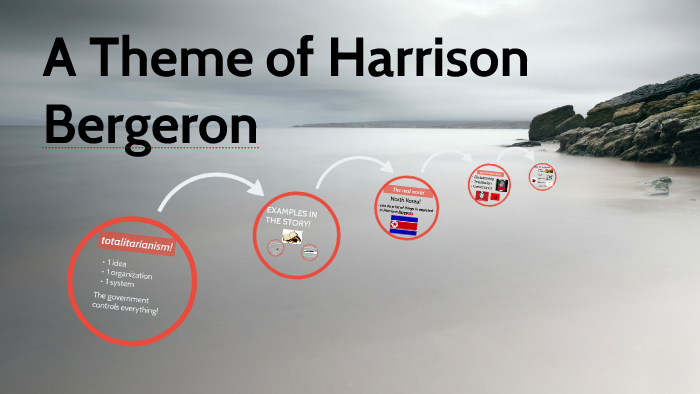

George’s attitude towards forced equalization is ambivalent. Although George is characterized by his strength and “way above normal” intelligence, his state-issued mental and physical handicaps limit his talents, making him equal to everybody else.

Though Harrison represents the power and beauty of art and individualism in a society in which everyone is forced to be mediocre and alike, Vonnegut’s ending is somewhat pessimistic, in that Harrison’s life and death seem not to have been particularly impactful on society overall.George Bergeron is the father of Harrison Bergeron and the husband of Hazel Bergeron. While Harrison clearly views his actions as a heroic coup against the totalitarian government, his own parents’ inability to remember-let alone find meaning in-their experience of Harrison’s art and their subsequent grief at his death puts into question whether his sacrifice of his life to oppose the government will have any effect at all. Harrison’s dissent, which relies on the power of individualism and art to reach oppressed citizens watching TV from home, ends when the Handicapper General executes him in the midst of his dance. Harrison’s refusal to accept the government’s regulations on himself and society leads to his imprisonment, though he escapes from prison, removes his handicaps, and-in an act of dissent against the government-un-handicaps a ballerina and a ballet orchestra to stage a transcendent dance performance on live TV. Harrison is an extraordinarily smart, athletic, handsome individual who faces extreme governmental regulations on his natural gifts and abilities, including severe physical and mental handicaps to limit his nearly-superhuman strength and intelligence. Harrison Bergeron is the 14-year-old son of George and Hazel Bergeron who, at the beginning of the story, has been taken away by agents of the U.S.


 0 kommentar(er)
0 kommentar(er)
